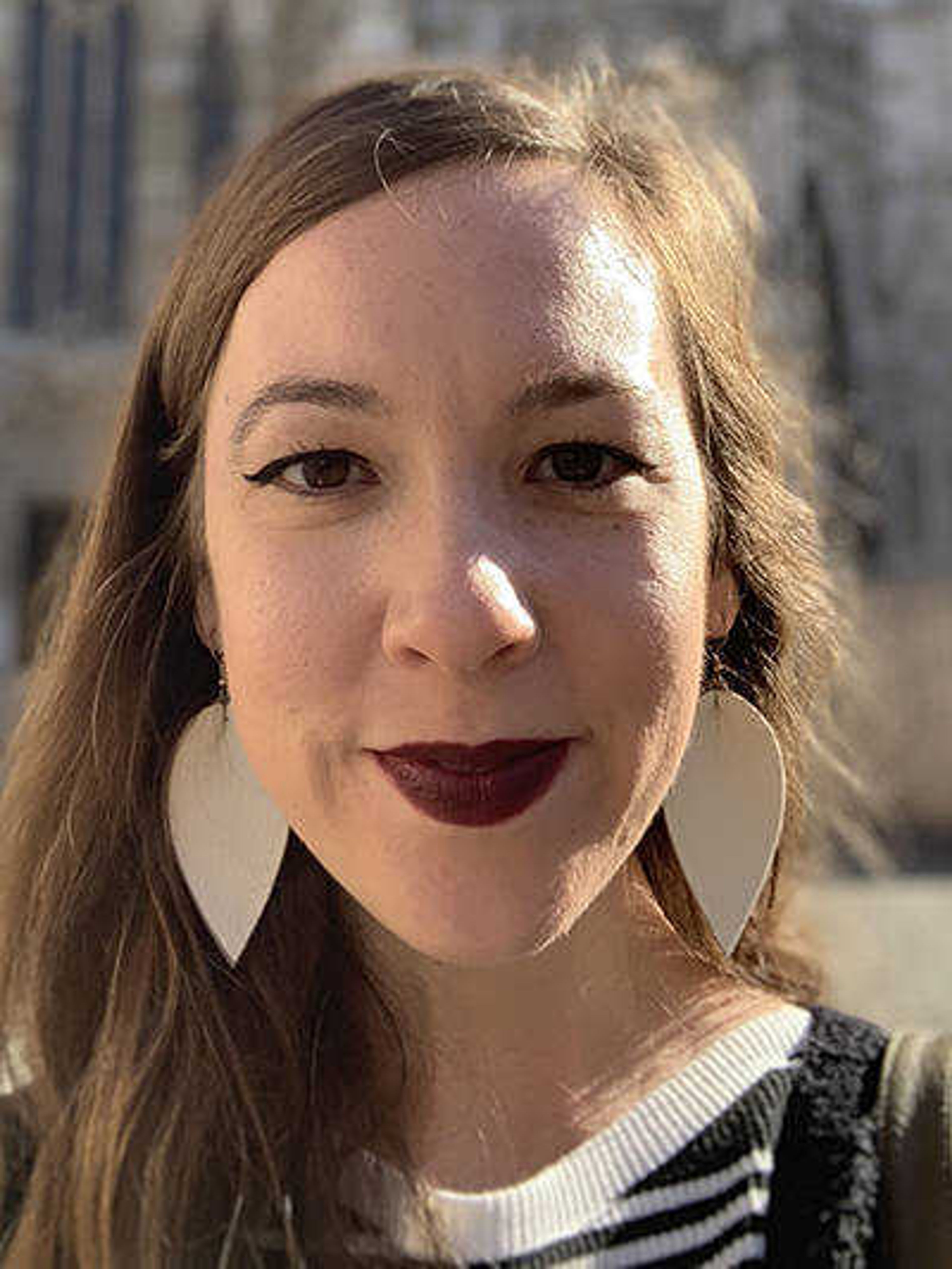Seeing Christ in others
It happened at the cake bar in Regensburg, Germany, a humble little hole-in-the-wall place where I witnessed what it means to love strangers self-sacrificially, deeply and joyfully: two hip, late-twenty-something tattooed men served me, my family and the other customers in the cafe as if we were Christ...
By Mia Pohlman
It happened at the cake bar in Regensburg, Germany, a humble little hole-in-the-wall place where I witnessed what it means to love strangers self-sacrificially, deeply and joyfully: two hip, late-twenty-something tattooed men served me, my family and the other customers in the cafe as if we were Christ.
We wandered into the building around 8:30 that night, a little patch of light shining out into the darkness. When the worker realized we didn't speak much German, he switched to his effortful English for us, a symbol of love that always touches me deeply because we were, after all, in his country; he could have easily refused to sacrifice his own comfort, ideals and framework for relating to the world by requiring us to change for him. Instead, he met our inability and vulnerability with his own vulnerability: he changed for us.
We ordered our cake, and he asked us if we wanted to sit inside or outside. Not realizing he had already chained all the chairs to the tables outside, we opted to go outdoors, and he willingly went and got the key. Despite our protests that really, we could sit inside instead, he unlocked a table and chairs for us, pulling the chairs out for each of us and going back inside to get four blankets.
Next, his coworker brought out glasses of water for us even though we hadn't asked for them, lit a candle and sat it on our table. Later, when I asked why the church bells rang longer at certain times of the day, our waiter took time to answer (again in English), remaining at our table through the pauses in our conversation, rather than rushing away to his next task.
I felt treated with dignity, as someone who was important and mattered. In that foreign country, in the pool of light spilling from the rectangular window, I felt like I was wanted and belonged.
And it was not only us these men treated this way; it was everyone in the shop. As one older man got up to leave, one of the workers helped him into his coat. As a middle-aged woman left, the other worker held the door for her.
It was as if these men had agreed that morning: today, we're going all out. We're going to anticipate people's needs and meet them before they ask, so those who walk through our door feel taken care of, known and wanted. Today, we're going to put ourselves and our own needs, cares and tiredness aside and go above and beyond to serve people. Today, we're going to treat every person like they're Jesus.
I felt it and I saw it: the image of Christ reverenced in me, the image of Christ reverenced in each individual. These two people, serving Christ in and being Christ to each person they encountered. Their job was not to make and sell cake; it was to love people. Cake just happened to be their medium.
It reminded me: we are called to love with whatever we have, wherever we are. And we are called to treat each person as Christ, because each person is.
Connect with the Southeast Missourian Newsroom:
For corrections to this story or other insights for the editor, click here. To submit a letter to the editor, click here. To learn about the Southeast Missourian’s AI Policy, click here.










